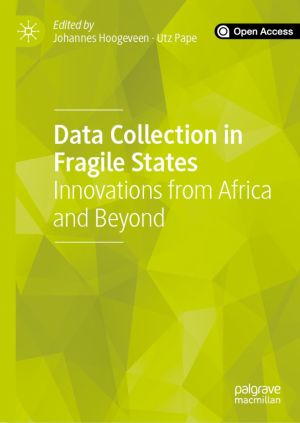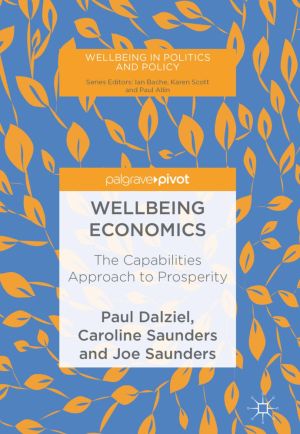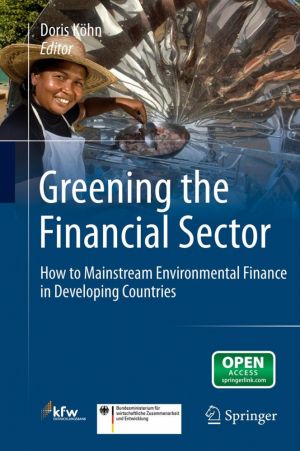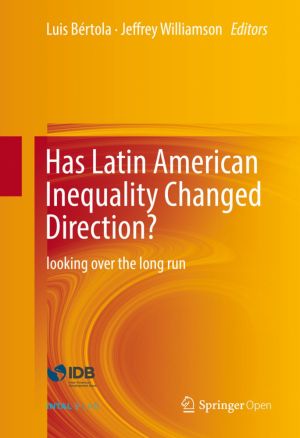Economics and Finance
Free Download Open Books
by Johannes Hoogeveen, Utz Pape
'This free book addresses an urgent issue on which little organized information exists. It reflects experience in Africa but is highly relevant to other fragile states as well.'—Constantine Michalopoulos, John Hopkins University, USA and former Director of Economic Policy and Co-ordination at the World BankFragile countries face a tripl...
by Lutz Kruschwitz, Andreas Löffler
This free book discusses firm valuation, which is of interest to economists, particularly those working in finance. Firm valuation comes down to the calculation of the discounted cash flow, often only referred to by its abbreviation, DCF. There are, however, different coexistent versions, which seem to compete against each other, such as entity app...
by Alexander Dolgin
How do social networking services earn money?What is the "second hand of the market" and how does it operate? Why does society need so many different kinds of goods? What does happiness economics not reveal about happiness?What is the link between talent, success and "stardom"? What is the business development model for the ent...
by Paul Dalziel, Caroline Saunders, Joe Saunders
Economists have long sought to maximise economic growth, believing this to be their best contribution to improving human welfare. That approach is not sustainable in the face of ongoing issues such as global climate change, environmental damage, rising inequality and enduring poverty. Alternatives must be found. This book addresses that challenge....
by Holger Preuß, Wladimir Andreff, Maike Weitzmann
In this book the cost and revenue overruns of Olympic Games from Sydney 2000 to PyeongChang 2018 from eight years before the Games to Games‐time are investigated to provide a base for future host cities. The authors evaluated the development of expenditure and revenues of the organizing committees to operate the event, and the investment of taxpa...
by Doris Köhn
Given the manifold challenges of financial sectors in developing and transition countries, one might be tempted to believe that embarking on "green" finance is not a priority for financial systems development. However, there are a number of arguments against this view. Environmental finance, particularly energy efficiency and renewable en...
by Matthias Kalkuhl, Joachim von Braun, Maximo Torero
This book provides fresh insights into concepts, methods and new research findings on the causes of excessive food price volatility. It also discusses the implications for food security and policy responses to mitigate excessive volatility. The approaches applied by the contributors range from on-the-ground surveys, to panel econometrics and innova...
by Luis Bértola, Jeffrey Williamson
This book brings together a range of ideas and theories to arrive at a deeper understanding of inequality in Latin America and its complex realities. To so, it addresses questions such as: What are the origins of inequality in Latin America? How can we create societies that are more equal in terms of income distribution, gender equality and opportu...
by Johannes Hoogeveen, Mariacristina Rossi
Good education changes lives. It is therefore unsurprising that improved schooling plays a central part in most development strategies. At the same time, the expansion of school attainment alone is not sufficient to guarantee improved welfare. This book focuses on one country in West Africa, Togo, to explore what a country that has successfully inc...
by Rob Nijskens, Melanie Lohuis, Paul Hilbers, Willem Heeringa
This book discusses booming housing markets in cities around the globe, and the resulting challenges for policymakers and central banks. Cities are booming everywhere, leading to a growing demand for urban housing. In many cities this demand is out-pacing supply, which causes house prices to soar and increases the pressure on rental markets. These ...










